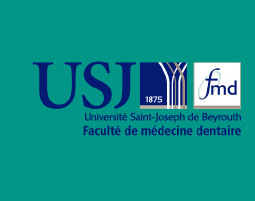International Arab Journal of Dentistry
Abstract
Periodontal disease is one of the most chronic infectious diseases, it is initiated by a reversible inflammatory condition called gingivitis, if untreated, it progresses to an irreversible condition called periodontitis, if not resolved, it leads to tooth loss. Periodontitis is a multifactorial disease, one of these factors is the periodontal microbiome. Consequently, the microbiome is altered according to the host state i.e., health, gingivitis, periodontitis. The microbiome in health is comprised of a variety of microorganisms called health-associated species. They consist of gram-positive cocci and rod with gram-negative species. In this state, the microbiome participates in various physiological functions. While in gingivitis, the microbiome shifts in its composition and can now initiate an inflammatory condition. While in periodontitis, the microbiome is changed to a state where new microorganisms emerge which initiate a periodontal tissue destruction phenomenon. These microorganisms are referred to disease-associated species. Environmental factors are present in which they alter the microbiome composition. Smoking and diabetes were one of the strong extrinsic factors that negatively shape the microbiome into a more aggressive form. Individuals with poor glycemic control or consume tobacco products are more prone to periodontal diseases because their microbiome is rich in bacterial complexes which negatively affects the periodontium. The effect of antibiotic consumption on the microbiome was more or less advantageous, it was observed that not all antibiotics affect the microbiome composition.
Recommended Citation
CHAKAR, Carole; MENASSA, Gabriel; and KHAYAT, Roudy
(2021)
"Periodontal Microbiome Part I: A Literature Review,"
International Arab Journal of Dentistry: Vol. 12:
Iss.
1, Article 7.
Available at:
https://digitalcommons.aaru.edu.jo/iajd/vol12/iss1/7


